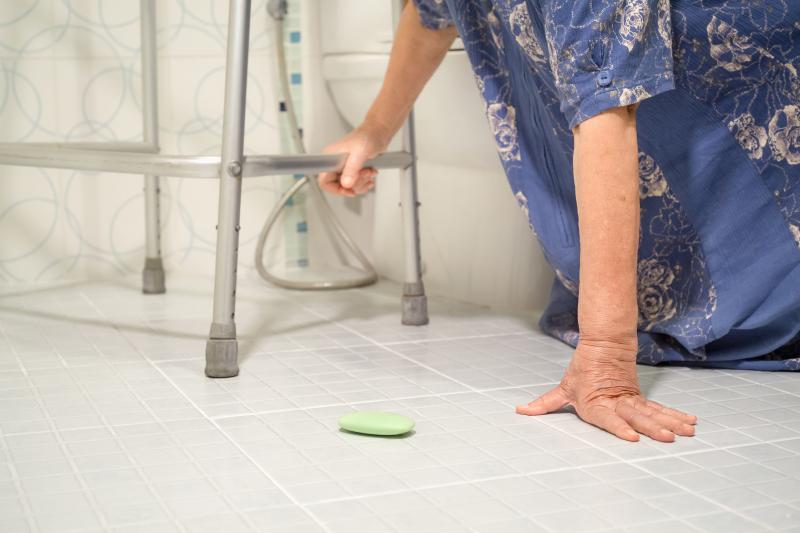
Increasing severity of chronic kidney disease (CKD) and worsening status of 25-hydroxyvitamin D (25(OH)D) appear to increase the likelihood of reporting balance and falling issues, a recent study has found.
Accessing the 1999–2004 dataset of the National Health and Nutrition Examination Survey, researchers evaluated the effects of CKD severity on balance measures, including timed 20-feet walk, Romberg standing balance task, and self-reported balance and falling problems. A total of 8,554 participants (aged >40 years) were enrolled.
Increasing CKD severity was associated with greater rates of falling while standing on a firm surface with eyes open. The normal-function and stage-1/2 controls, for instance, fell 0 percent of the time. This rate rose to 1 percent and 3 percent in the stage 3A/B and stage 4/5 groups, respectively. The difference between the highest and lowest disease severity groups was statistically significant (p=0.02).
The most difficult balance scenario involved participants standing on a foam surface with their eyes closed. A similar pattern emerged: Failure rates grew from 54 percent in controls to 76 percent and 85 percent in the stage 3A/B and stage 4/5 patients, respectively.
The motor deficits associated with disease severity were confirmed in the walking test, which those with stage 3A/B and stage 4/5 disease patients took longer to complete, as compared with their control counterparts.
Patients suffering from more severe CKD were also significantly more likely to report experiencing dizziness, balance difficulties and issues with falling in the past year.